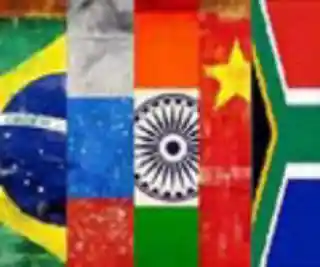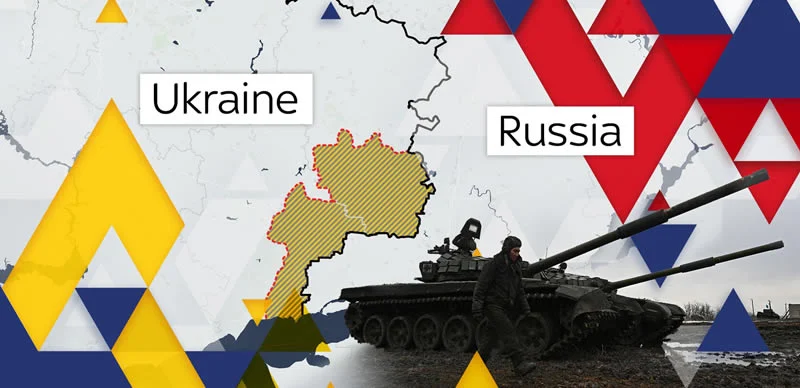The BRICS (Brazil, Russia, India, China, and South Africa) group of major emerging economies will hold their 15th heads of state and government summit in Johannesburg from August 22 to August 24.
Here are some important facts about the EU and its members.
What Exactly Is Brics?
The acronym BRIC, which did not initially include South Africa, was coined in 2001 by then-Goldman Sachs chief economist Jim O’Neill in a research paper highlighting Brazil, Russia, India, and China‘s growth potential.
The bloc was formed in 2009 as an informal club to provide a platform for its members to challenge a world order dominated by the US and its Western allies.
Russia was the driving force behind its creation.
The group is not a formal multilateral organisation, such as the United Nations, World Bank, or Organisation of Petroleum Exporting Countries (OPEC).
The heads of state and government of the member countries meet once a year, with each country taking a one-year rotating chairmanship of the group.
WHO ARE THE PARTICIPANTS?
The founding members are Brazil, Russia, India, and China.
South Africa, the smallest member in terms of economic clout and population, was the first to benefit from the bloc’s expansion in 2010, when it was renamed BRICS.
The countries collectively account for more than 40% of the global population and a quarter of the global economy.
Aside from geopolitics, the group’s priorities include increased multilateral trade and development.
The bloc operates on the basis of consensus. The BRICS nations are all members of the Group of 20 (G20) of major economies.
WHY DO NATIONS WANT TO JOIN THE BRICS?
According to South Africa, over 40 countries have expressed interest in joining the forum, including Iran, Saudi Arabia, the United Arab Emirates, Argentina, Algeria, Bolivia, Indonesia, Egypt, Ethiopia, Cuba, the Democratic Republic of the Congo, Comoros, Gabon, and Kazakhstan.
They see BRICS as a viable alternative to global organisations dominated by traditional Western powers, and they hope that membership will unlock benefits such as development finance and increased trade and investment.
Dissatisfaction with the global order was exacerbated in developing countries by the COVID-19 pandemic, which saw rich countries hoard life-saving vaccines.
Iran, which holds roughly a quarter of the Middle East’s oil reserves, has stated that it hopes the mechanism for new membership will be decided “as soon as possible.”
Saudi Arabia was one of more than a dozen countries that attended the “Friends of BRICS” talks in Cape Town in June. Russia and Brazil have encouraged it to join the BRICS.

Argentina announced in July 2022 that it had received formal support from China in its bid to join the group.
Ethiopia, one of Africa’s fastest-growing economies, asked to join the bloc in June, and a foreign ministry spokesman said the country will continue to work with international institutions that can protect its interests.
Bolivian President Luis Arce has expressed interest in joining the BRICS group and is expected to attend the summit. Its government stated in July that it was determined to reduce reliance on the US dollar for foreign trade, instead turning to the Chinese yuan, in line with the stated goal of BRICS leaders to reduce reliance on the US currency.
Algeria announced in July that it had applied for BRICS membership and a stake in the New Development Bank, also known as the BRICS Bank. The oil and gas-rich North African country is looking to diversify its economy and strengthen ties with China and other countries.
Reuters is the source.
Edited by Ejes Gist News








